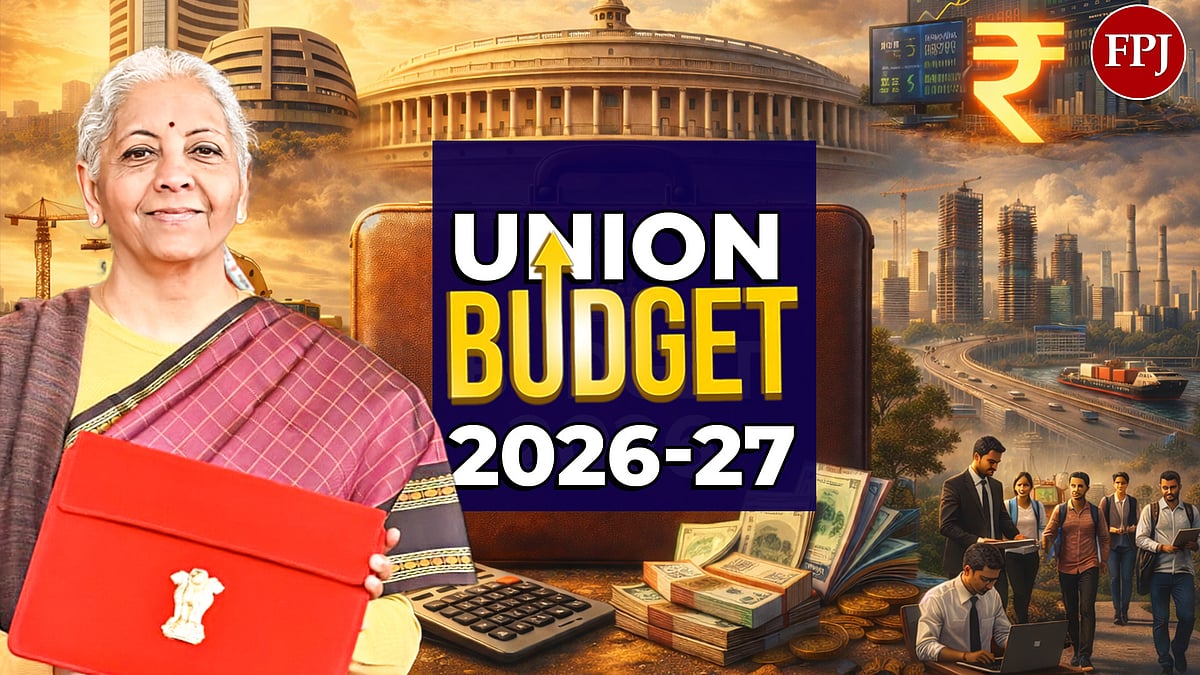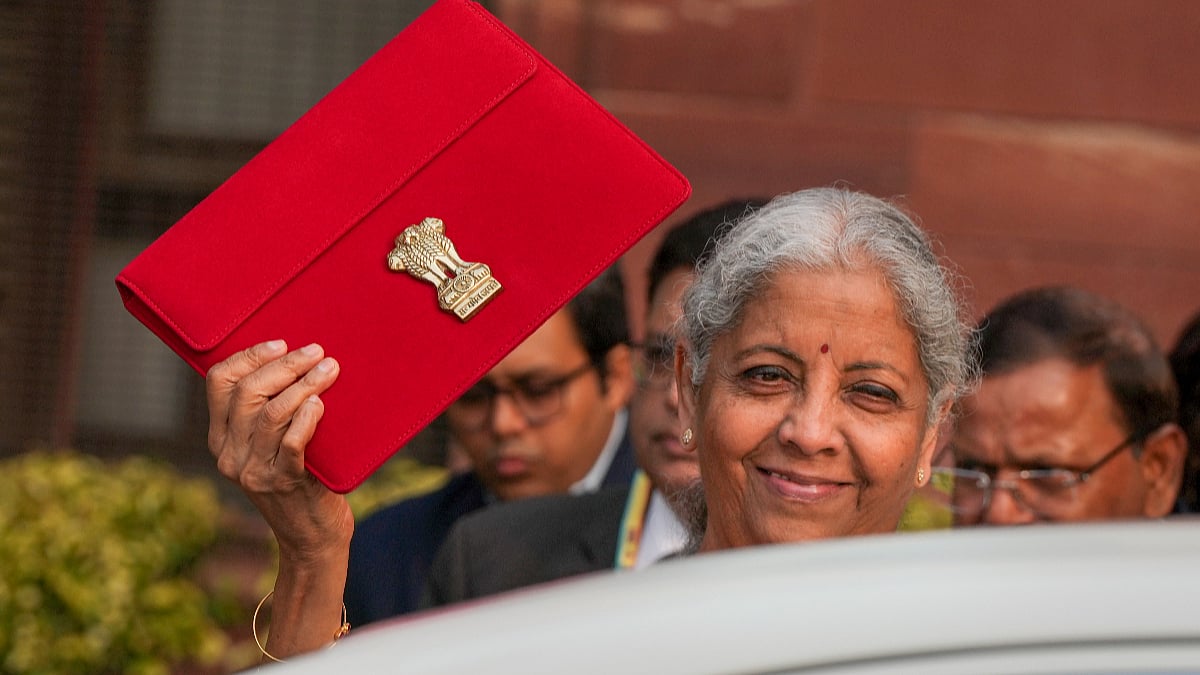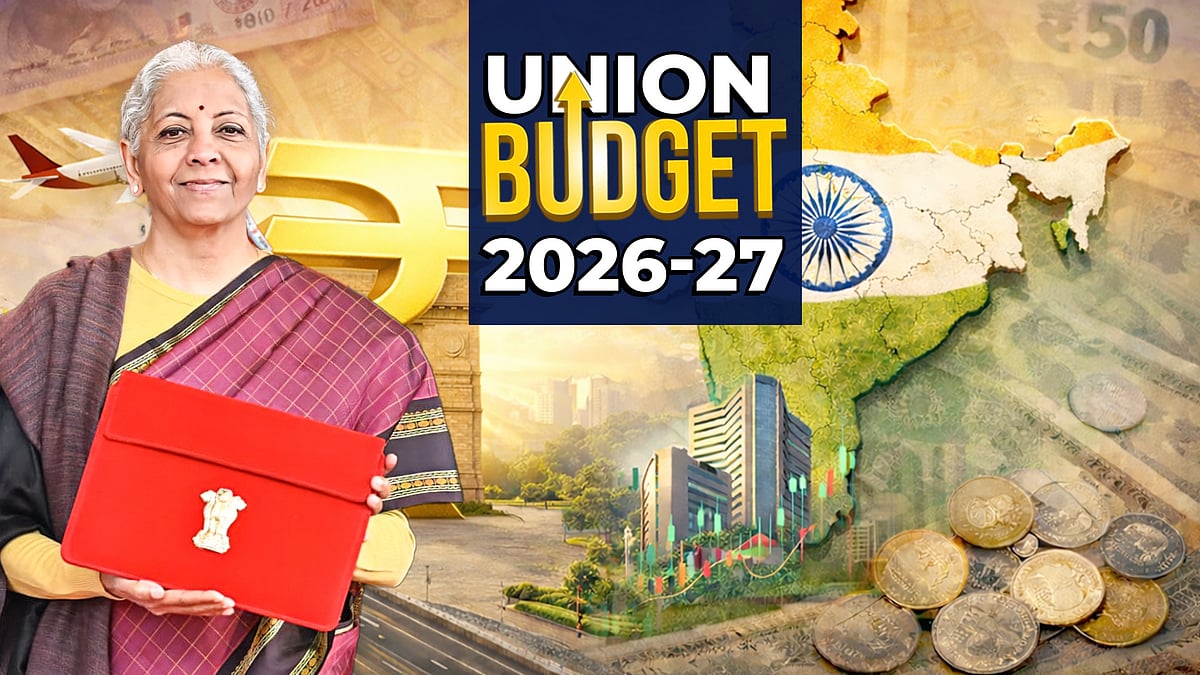Climate change has profound macroeconomic implications, impacting economic stability and growth on a broad scale. Extreme weather events, such as heatwaves, floods, and droughts, can disrupt supply chains, damage infrastructure, and reduce agricultural productivity, leading to higher costs and inflationary pressures, as we saw across India in the recent summer.
As these events become more frequent and severe, they can also affect global markets, investor confidence, and financial stability. The need for substantial investments in climate adaptation and mitigation becomes critical to safeguarding economic resilience and ensuring sustainable growth. Addressing climate risks proactively is essential for maintaining economic stability and protecting long-term financial interests. But this would need climate financing, and a robust regulatory and policy framework to enable it.
Banks and financial institutions are pivotal in mobilising capital for green projects, such as renewable energy and sustainable infrastructure, and in managing climate-related risks. They implement frameworks to assess and disclose climate risks, integrate environmental, social, and governance (ESG) criteria into investment decisions, and develop innovative financial products that support climate goals. Effective climate financing requires coordinated efforts across financial regulators, institutions and policymakers to create a cohesive strategy that aligns with global climate targets and promotes sustainable economic development.
The Union Budget presented by the Government of India has set the stage for future climate action by acknowledging the development of a climate taxonomy. However, this brief mention, while a positive step, highlights an opportunity for further action. To truly address climate change with the urgency it requires, the government must leverage its strong track record of policy innovation by swiftly implementing comprehensive measures for green financing. Else it would be a missed opportunity.
As India aims for ambitious climate targets, including achieving net-zero emissions by 2070, integrating climate considerations into the budget is crucial. With an estimated financing gap of 2.5% of GDP annually until 2030, substantial newer investments are needed. The recent challenges with food inflation and extreme weather underscore the need for strategic infrastructure and agricultural adaptations, which could be better supported through dedicated climate finance initiatives.
The Financial Stability and Development Council (FSDC), chaired by the Union Finance Minister, has a key role in coordinating efforts and promoting economic development. Prioritising climate finance within its agenda would align with the urgency of addressing climate risks, ensuring both financial stability and long-term resilience. Only by taking decisive action soon, can the government transform the climate finance conversation into a powerful driver of sustainable economic growth and environmental stewardship.
Unmitigated climate change poses a significant threat to India’s consumption economy, primarily through inflationary pressures and adverse impacts on consumer sentiment. Rising temperatures, extreme weather events, and disrupted supply chains contribute to higher prices for goods and services, eroding purchasing power and dampening consumer confidence. This inflationary trend can lead to decreased consumption and slower economic growth. Additionally, businesses face increased operational costs and uncertainty, which can lead to reduced corporate capital expenditures (capex) and investment in economic development. As companies scale back on expansion and innovation due to climate-induced risks, the economic cycle can be negatively affected, potentially leading to slower overall economic activity and diminished growth prospects.
Climate financing is essential for both adaptation and mitigation efforts to address climate change effectively. Mitigation involves investing in technologies and practices that reduce greenhouse gas emissions and limit future climate impacts, such as renewable energy projects and energy-efficient infrastructure. Adaptation, on the other hand, focuses on adjusting to the existing and anticipated effects of climate change, such as building resilient infrastructure and developing agricultural practices that withstand extreme weather. We need to secure adequate and sustainably consistent financing for these initiatives, to not only reduce future climate risks but also enhance our capacity to cope with current climate impacts, ensuring long-term economic stability and environmental sustainability.
The government has announced plans to introduce a vision document outlining the strategic direction for India’s financial sector over the next five years. It is hoped that this document will incorporate key aspects of climate action and climate financing, thereby guiding the sector towards a more sustainable and resilient future.
Dr Srinath Sridharan is a policy researcher and corporate adviser. X: @ssmumbai









